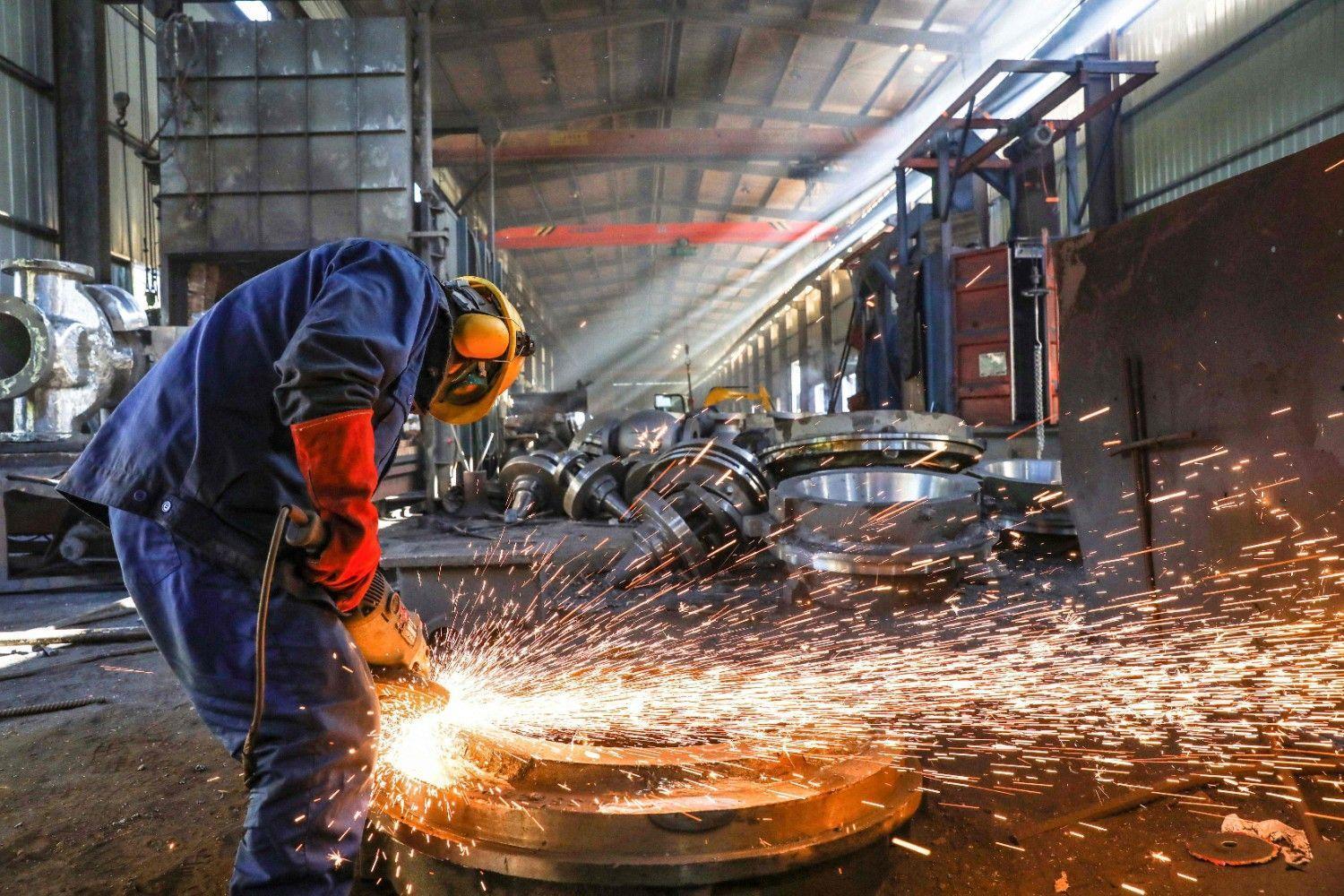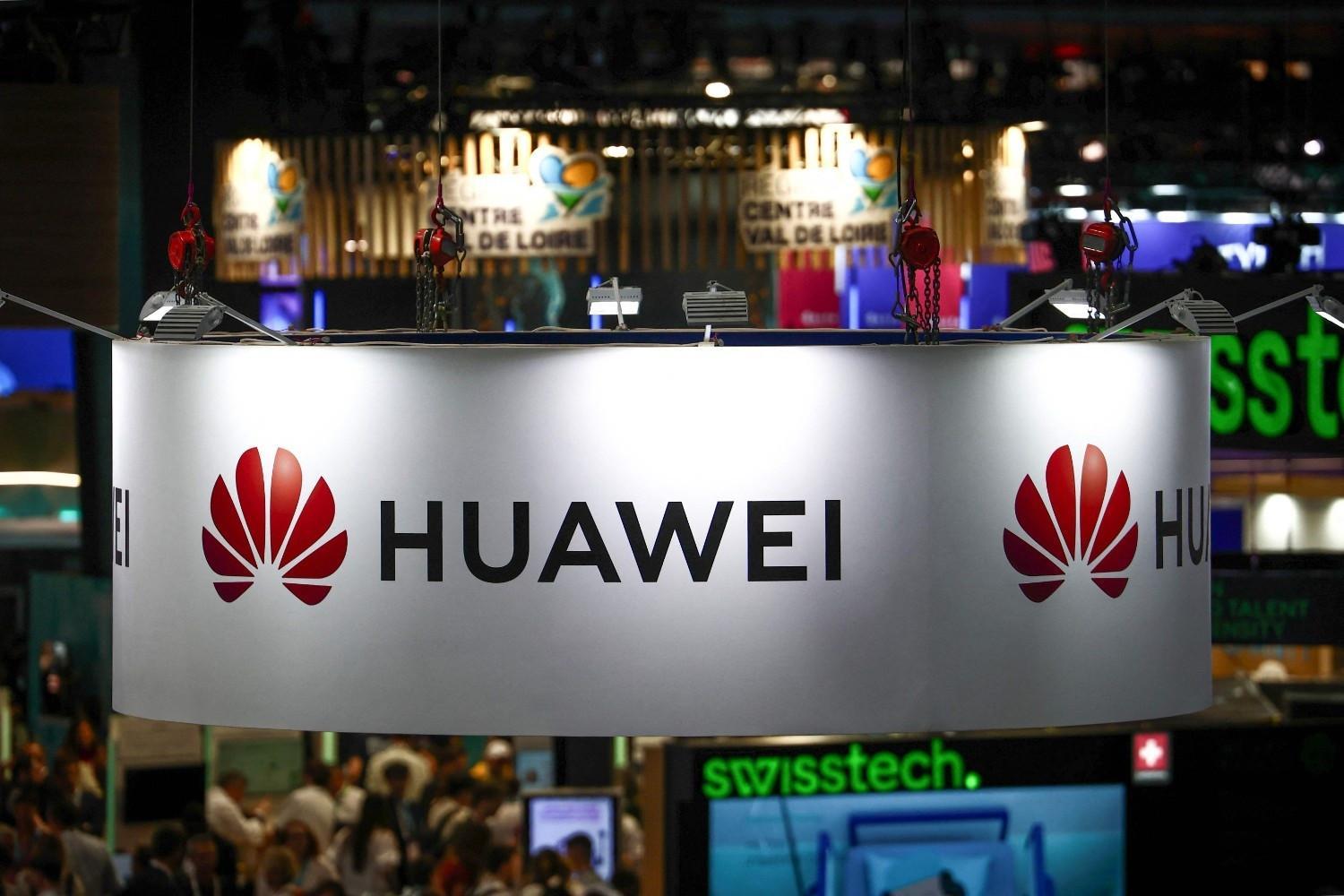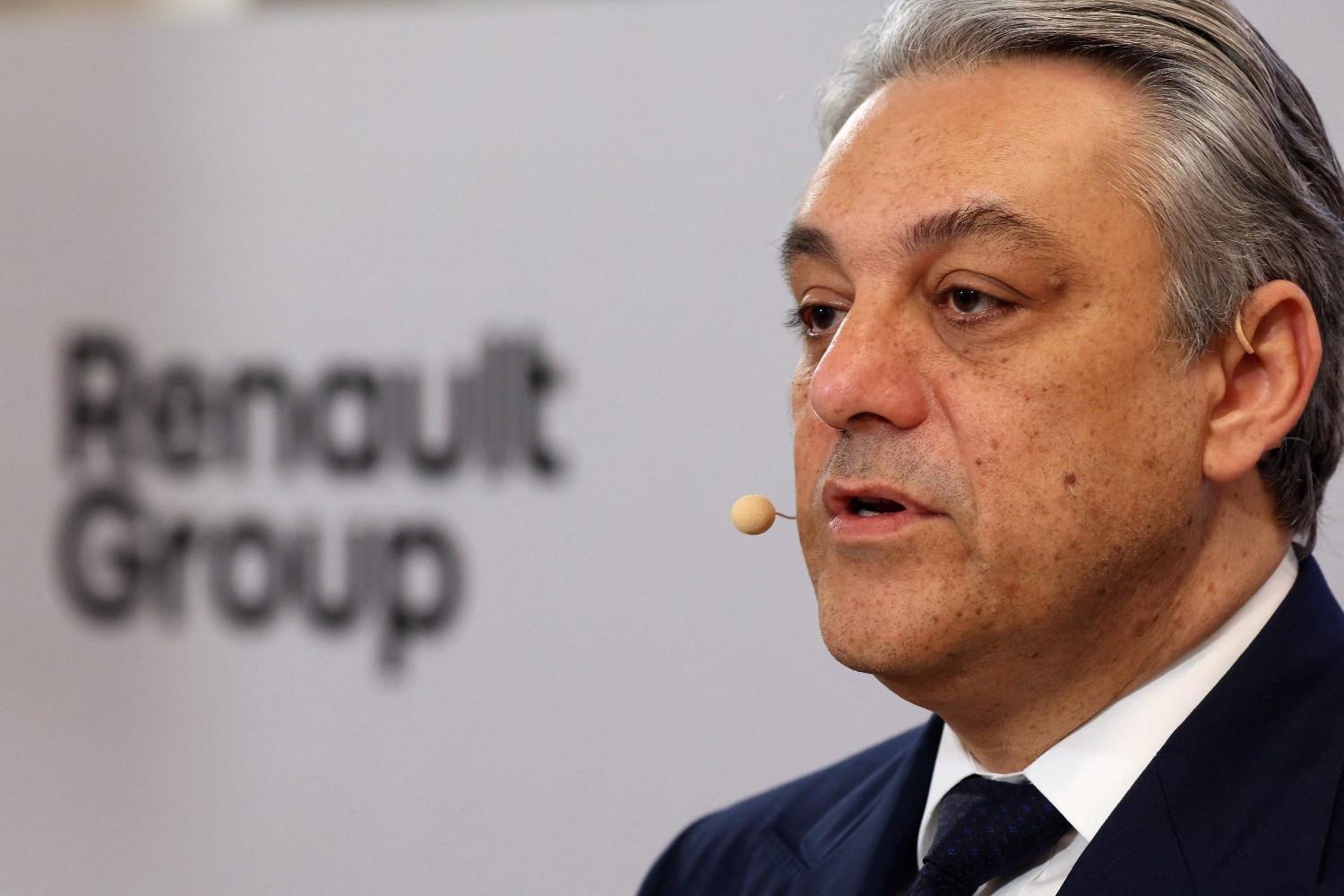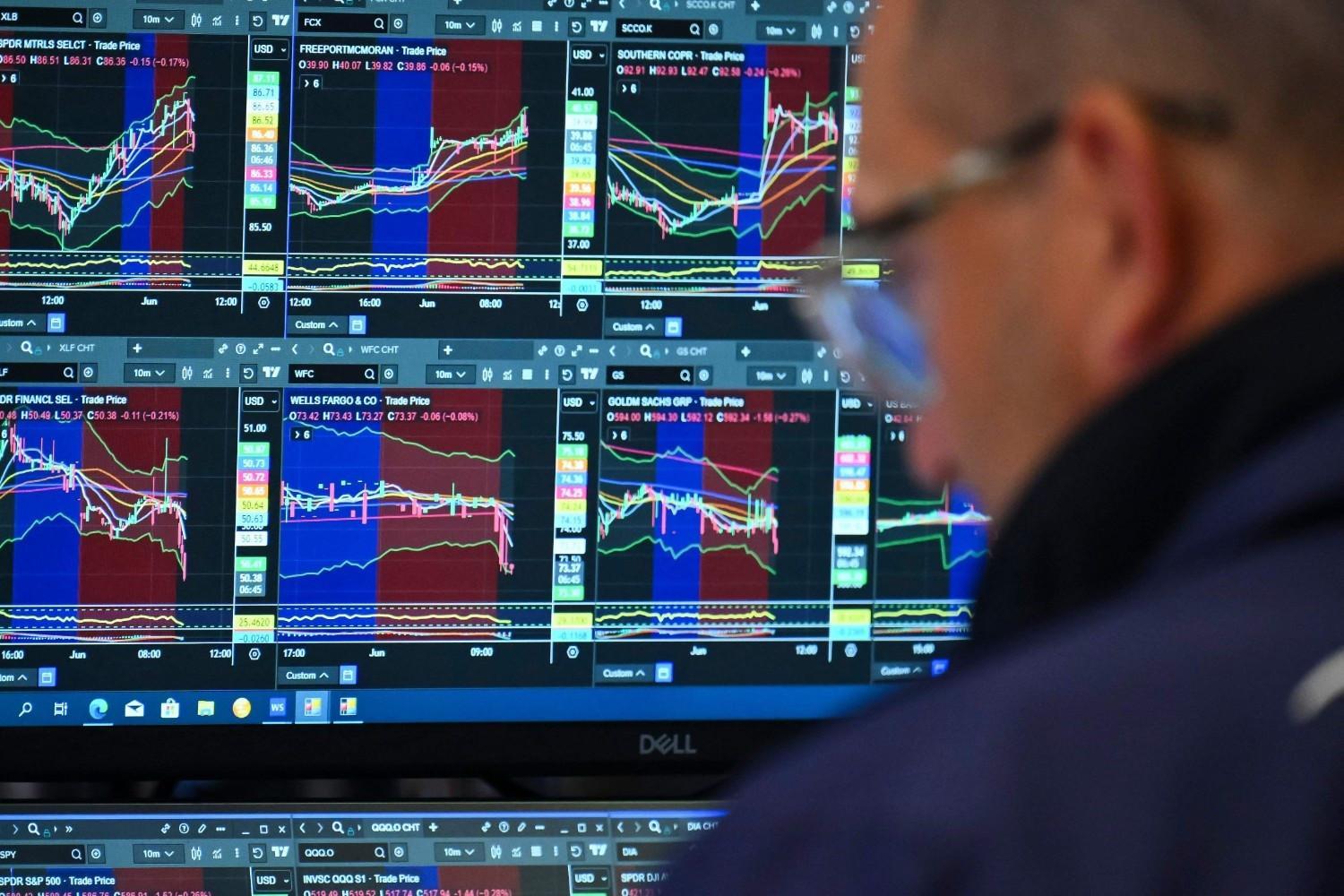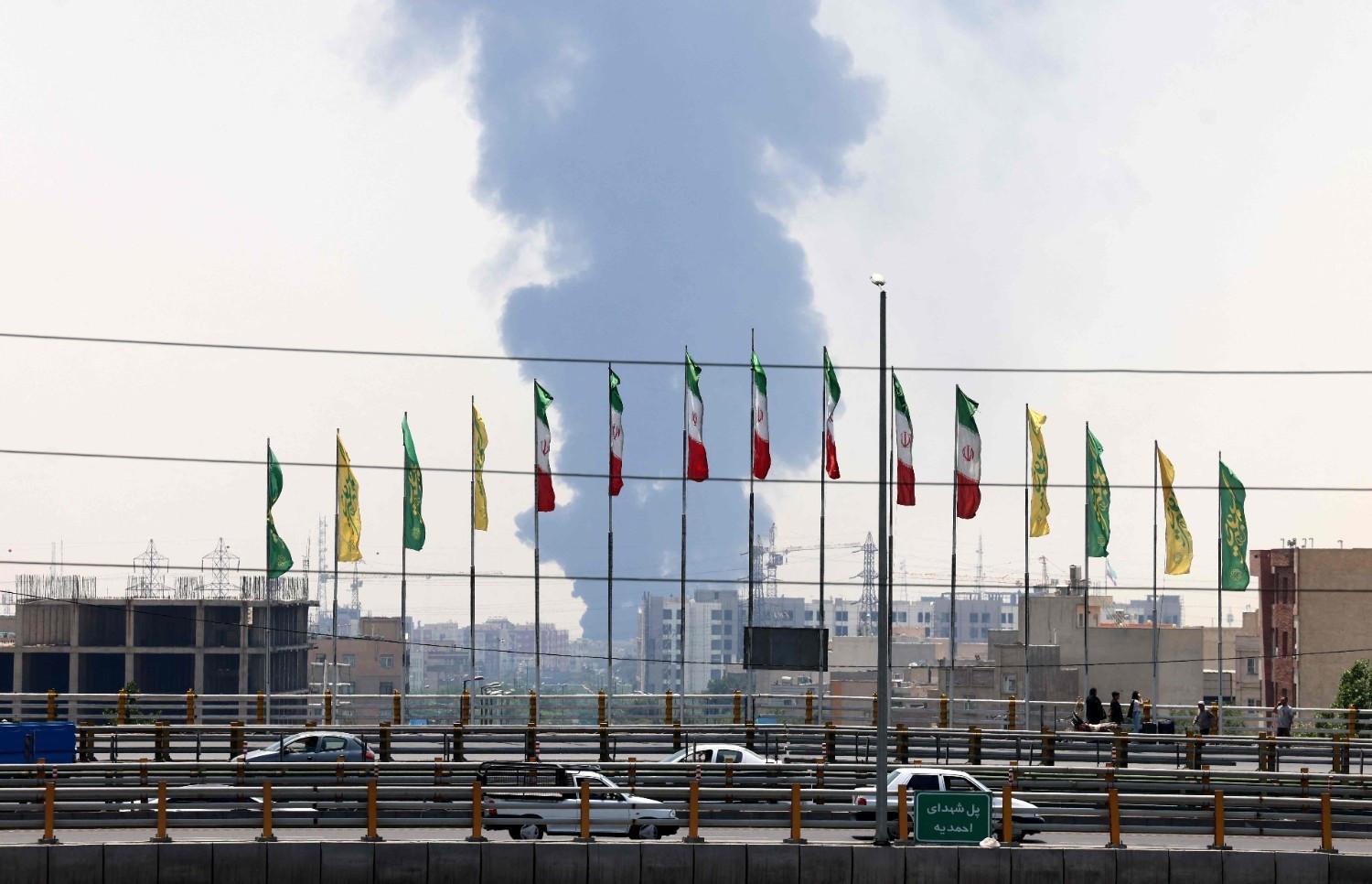Ukraine, Russia readying new prisoner exchange after Istanbul talks
ISTANBUL
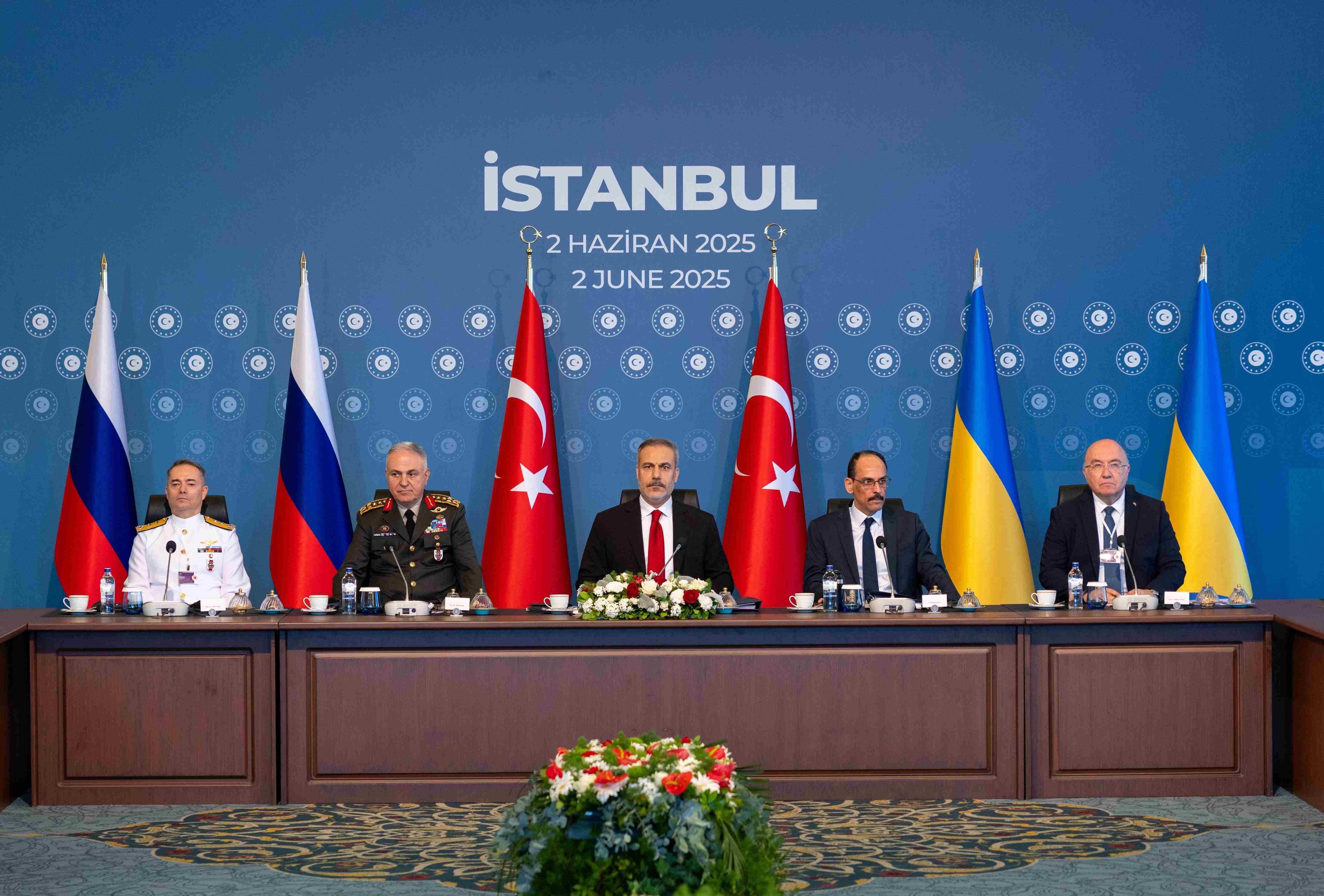
Russia and Ukraine are working on a fresh prisoner exchange following talks between delegations from Kiev and Moscow in Istanbul, President Volodymyr Zelensky said on Monday.
The delegations "exchanged documents through the Turkish side, and we are preparing a new release of prisoners of the war," Zelensky said during a summit that included NATO leaders in Lithuania.
Ukrainian negotiators also handed Russian officials a list of children "illegally deported" by Moscow during its invasion, demanding their return, Ukrainian presidential aide Andriy Yermak said Monday. The list is reported to contain 339 names.
"Today during talks in Istanbul, the Ukrainian side officially gave the Russian side a list of Ukrainian children that need to be returned," Yermak wrote on social media.
"We are talking about hundreds of children that Russia has illegally deported, forcibly transferred or kept in temporarily occupied territories," he added.
Ukrainian Defense Minister Rustem Umerov announced that Moscow and Kiev agreed to return the bodies of 6,000 fallen soldiers each, which was confirmed by the Russian delegation. Kiev has also proposed to Moscow a new meeting for the end of this month, according to Umerov.
Moscow has agreed to exchange all heavily wounded and 18-25 year-old soldiers, Vladimir Medinski, the head of the Russian delegation at Istanbul peace talks, said. He noted that the agreement would mark the largest-ever war prisoners exchange.
Russian and Ukrainian delegations met in Istanbul’s historic Çırağan Palace on June 2, two weeks after the first round of talks, to discuss their positions concerning the much-anticipated ceasefire to be followed by a lasting peace agreement.
"We've brought our negotiations to a point where concrete humanitarian results can be achieved," Ukraine's Deputy Foreign Minister Serhii Kyslytsya stated.
"The Russian side continued to reject the motion of an unconditional ceasefire, Kyslytsya told reporters after the talks.
Russia said it had offered a limited pause in fighting. "We have proposed a specific ceasefire for two to three days in certain areas of the front line," top negotiator Vladimir Medinsky said, adding this was needed to collect bodies of dead soldiers from the battlefield.
"The meeting is over. It didn't end negatively," ministry spokesman Öncu Keçeli said of the talks at Istanbul's Çırağan Palace, which lasted just over an hour.
Turkish Foreign Minister Hakan Fidan said the meeting was held in a constructive atmosphere and that the parties built on the points they had agreed upon during first meeting.
"Shaped in line will the collective will of our leaders, the result-oriented approach of the parties to the negotiations to end the losses caused by war is commendable," he stated.
Moscow was represented by Medinski, an aide of Russian President Vladimir Putin, and Kiev by Umerov. Fidan chaired the meeting along with National Intelligence Organization chief İbrahim Kalın and Chief of General Staff Gen. Metin Gürak.
In his opening statement, Fidan hailed the two sides’ participation and implementation of the decisions taken in the first round of talks as an effort to build trust between Russia and Ukraine.
Ukraine and Russia will discuss their conditions and perspectives concerning reaching a ceasefire, the minister stressed, also informing that they will discuss the preparations for a leaders’ summit.
Erdoğan has long been calling on Russian and Ukrainian leaders, Putin and Volodymyr Zelensky to come to Istanbul for a summit with the likely participation of Trump.
“Our fundamental expectation is to reach a much-desired result through concrete advances followed by fruitful talks,” Fidan said, reiterating that sustainable peace between Russia and Ukraine is the ultimate goal of all these efforts.
“We find America's belief in and support for these talks to be extremely important. Trump's determination to establish peace has opened a new window of opportunity,” Fidan stated.
“The talks you will make here will be decisive for global and regional fate. The eyes of the entire world are on you. We believe you will take decisions that will make us one step closer to peace,” the minister added.
Urged on by U.S. President Donald Trump, Moscow and Kiev have opened direct negotiations for the first time since the early weeks of Russia's invasion but have yet to make significant progress towards an elusive agreement.
Russia's top negotiator in Istanbul is Vladimir Medinsky, an ideological Putin aide who led failed talks in 2022, has written school textbooks justifying the invasion and questioned Ukraine's right to exist.
Ukraine's team are led by Umerov, seen as a skilled and pragmatic negotiator, but who has been mired in domestic scandal over alleged abuse of power and a lack of transparency.
"Diplomatic advisors" from Germany, France and Britain will be "on the ground... in close coordination with the Ukrainian negotiating team," a German government spokesperson said Sunday.
Ukrainian President Volodymyr Zelensky said his country was willing to "take the necessary steps for peace," ahead of the Istanbul talks.
"We are ready to take the necessary steps for peace," he said at a meeting with NATO leaders in Lithuania, adding that if Russia undermined the Istanbul talks and there was no result then "new sanctions are urgently, urgently needed".
Ahead of the talks, a source in Kiev's delegation also told AFP that Ukraine is ready to take "big steps" to make progress towards peace.
"The Ukrainian delegation came to Istanbul with a clear agenda and readiness to take big steps toward peace," the source said.
It added in written comments to AFP that Russia had still not provided its roadmap for how to halt the fighting to Ukraine, the United States, or Türkiye.
"If they came with the flexibility to take real steps toward peace, on our side we are ready. If they are ready to move forward, not just repeat the same previous ultimatums, then there may be good and big news today," the source said.
Ukrainian officials in Istanbul separately have met with representatives from Germany, Italy and the United Kingdom ahead of talks with Russian delegates, Kiev's foreign ministry spokesman said.
"The sides coordinated positions ahead of today's meeting between Ukrainian and Russian delegations. Members of the Ukrainian delegation reiterated Ukraine's commitment to peace efforts," the spokesman said.
Russia intercepted 162 Ukrainian drones overnight, the Russian defense ministry said on Monday, hours before the second round of direct talks.
"Air defense systems intercepted and destroyed 162 Ukrainian drones" between 1710 GMT and 2300 GMT on Sunday, the ministry said in a statement.
The majority of the drones were shot down over regions bordering Ukraine, with 57 intercepted over the Kursk region and 31 over the Belgorod region, it said.
Monday's talks also come a day after Ukraine carried out one of its most brazen and successful attacks ever on Russian soil — hitting dozens of strategic bombers parked at airbases thousands of kilometres behind the front line.
At the first round of talks in Istanbul last month, they agreed a large-scale prisoner exchange and to swap notes on what their vision of a peace deal might look like.
The second set of negotiations was scheduled to get underway at 1:00 pm (1000 GMT) at the Çırağan Palace in Istanbul, an Ottoman imperial house on the banks of the Bosphorus that is now a luxury five-star hotel.
Russia says it will present a "memorandum" of its peace terms, having resisted pressure by Ukraine to send its demands in advance.
Despite the flurry of diplomacy, the two sides remain far apart over a possible deal — either for a truce or longer-term settlement.
Outlining Kiev's position ahead of the talks, Zelensky refreshed his call for an immediate halt to the fighting.
"First — a full and unconditional ceasefire. Second — the release of prisoners. Third — the return of abducted children," he said Sunday in a post on social media.
He also called for the sides to discuss a direct meeting with Russian President Vladimir Putin.
"The key issues can only be resolved by the leaders," Zelensky said.
The Kremlin has repeatedly pushed back on that prospect, saying a Putin-Zelensky meeting could only happen after the negotiating delegations reach wider "agreements".
Russia has questioned Zelensky's legitimacy throughout the war and repeatedly called for him to be toppled.
Moscow says it wants to address the "root causes" of the conflict — language typically used to refer to a mix of sweeping demands including limiting Ukraine's military, banning the country from joining NATO and massive territorial concessions.
Kiev and the West have rejected those calls and cast Russia's assault as nothing but an imperialist land grab.
Tens of thousands have been killed since Russia invaded, with swathes of eastern and southern Ukraine destroyed and millions forced to flee their homes.
War rages on
Ukraine on Sunday said it had damaged some 40 strategic Russian bombers, worth $7 billion, in a major special operation after months of setbacks for Kiev's military.
Kiev's security service said the plan, 18 months in the making, had involved smuggling drones into Russia which were then launched from near the airbases, thousands of kilometres away from the front lines.
Russian troops have meanwhile been advancing on the ground, particularly in the northeastern Sumy region, where Putin ordered his forces to establish a "buffer zone" along the border.
Ballistic strikes in the northeastern Kharkiv region on Monday injured at least six people, including a seven-year-old, and damaged a civilian business and a warehouse, Kharkiv Governor Oleg Synegubov said on Monday.
Ahead of the talks, Russian officials have called for Ukraine to be cut off from Western military support and cede territory still controlled by its army.
Ukraine has pushed Russia to agree a full, unconditional and immediate ceasefire — saying a pause in the fighting is necessary to then discuss what a long-term settlement could look like.
Kiev has refused to formally give up the one-fifth of its territory controlled by Russia, though it has accepted that it may only be able to get some land back through diplomacy, not fighting.
It also wants concrete Western-backed security guarantees — like NATO protections or Western troops on the ground — that have also been ruled out by Russia.


